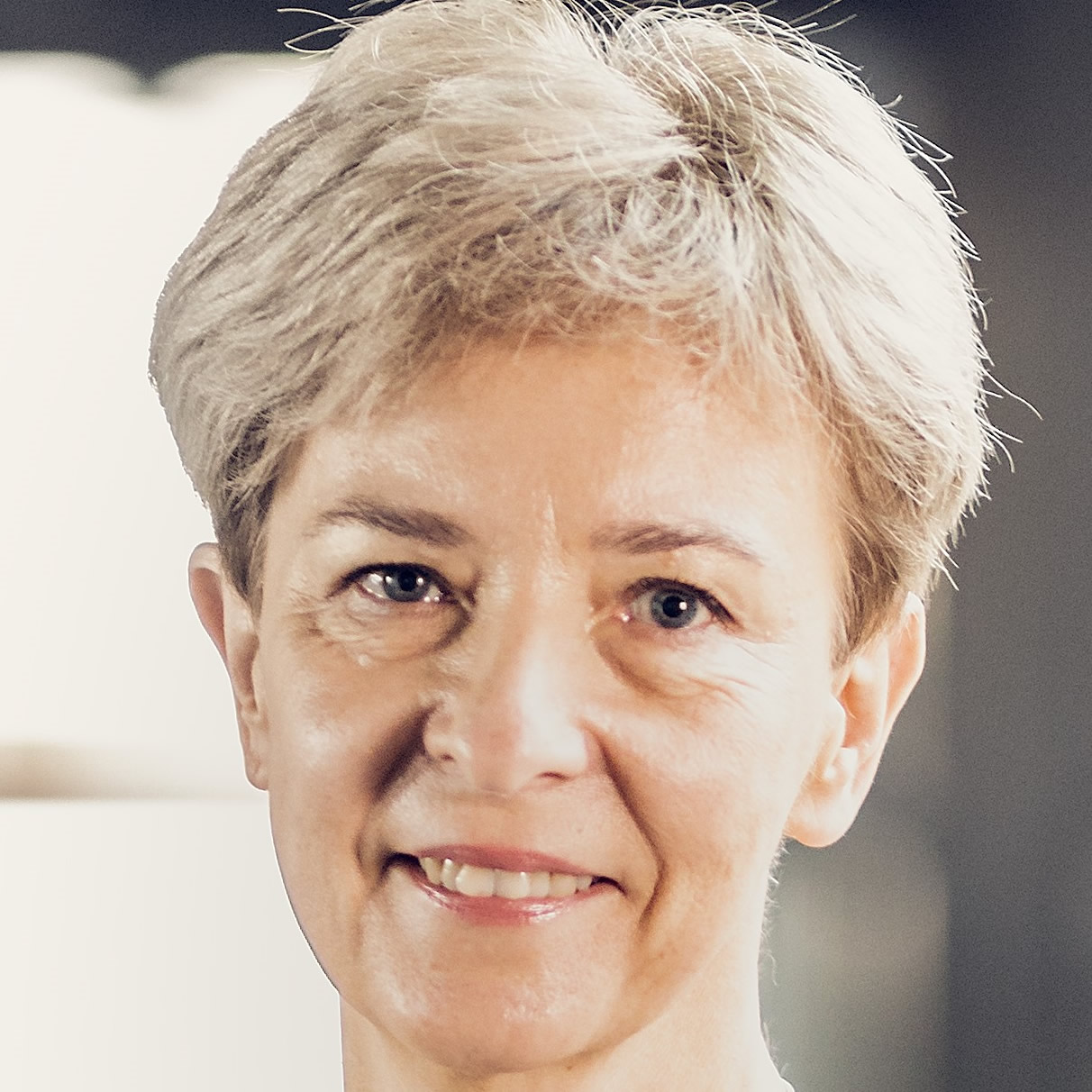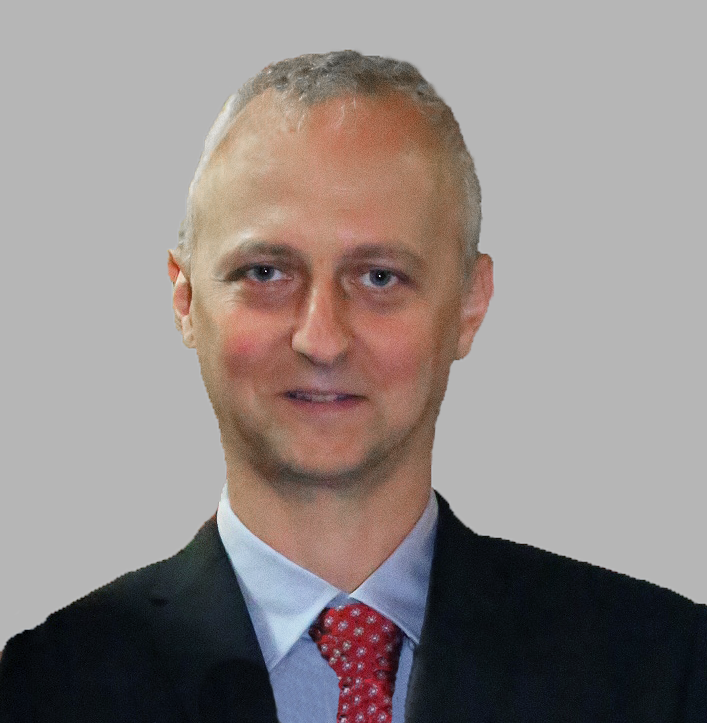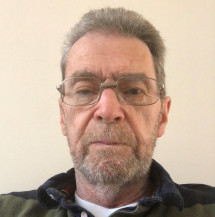
Division Board

Joanna Surmacz-Górska
Silesian University of Technology, PL
Professor and Head of the Department of Environmental Biotechnology at Silesian University of Technology.
Research interests mainly include biotechnology of sewage and waste. In particular, they focus on processes related to the nitrogen cycle. They concern issues related to biodiversity, activity and inhibition of microorganisms responsible for nitrification, denitrification and the Anammox process. They are also related to the very technologies of removing organic compounds, nitrogen and phosphorus used in the treatment of municipal and industrial wastewater. An important direction of research are also hybrid wastewater treatment processes combining advanced oxidation processes (AOPs) with biological processes in order to eliminate impurities resistant to biodegradation from wastewater.
Webpage │ email │ ORCID

Lilia Ahrné
University of Copenhagen, DK
Lilia Ahrné is professor in dairy process technology at University of Copenhagen. Prof Lilia Ahrné has a MSc in food engineering from the School of Biotechnology at the Catholic University of Portugal which included a 6-month trainingship in Germany at Fraunhofer Institute. She got a PhD in food engineering from the same university in collaboration with University of California Davis. In 1994, she moved to Sweden to perform a PostDoc project hosted by Tetra Pak in collaboration with Lund University. After the PhD she worked for Tetra Pak Processing Systems R&D until the family moved to Gothenburg. After carrying out a second PostDoc with Kraft General Food, she got a senior research position at SIK- The Swedish Institute for Food and Biotechnology. During 10 years she was the director of the department for Process and Technology Development at SIK and adjunct professor in Food Engineering at Chalmers Technical University. She president of EFFoST (European Federation of Food Science and Technology) and member of the National Committee for Nutrition and Food Sciences of The Royal Swedish Academy of Sciences (KVA) . She is very engaged in promoting food research and her own research interests are to understand the effect of processing on physical, chemical and structural characteristics of foods, and use this knowledge to develop new processes and products. Processes under study include both traditional and novel technologies. She has been involved in the supervision of 17 PhD students and has more than 50 publications in refereed scientific journals and is the inventor of a patent.
Webpage │ @liahrne │ email
![]()
Jeff Cole
EFB President | University of Birmingham, UK
I am an Emeritus Professor at the University of Birmingham with expertise in microbial physiology, biochemistry and gene regulation. I am also an Honorary Member of the Microbiology Society, which I joined in 1970. My main research areas are in anaerobic bacterial metabolism and gene regulation in enteric bacteria, Neisseria gonorrhoeae and sulfate reducing bacteria, and especially topics related to the nitrogen cycle. These have included studying genetic organisation, transcription control and proteins involved in nitrate reduction, nitrite reduction and nitrosative stress caused by nitric oxide. I was a journal editor for 35 years, including Chief Editor of FEMS Microbiology Letters for 12 years, during which period the 75 editors have dealt with >14,000 submissions.
Webpage │ email
![]()
Marta Woźniak-Karczewska
Poznań University of Technology, PL
Doctor in Chemical Science at Poznań University of Technology.
Scientific interests in the field of chemical sciences include research on the impact of compounds of organic origin on individual environmental microorganisms and communities of microorganisms. Among the analyzed substances, pharmaceutical substances (and products of their metabolism), herbicides in the form of ionic liquids, surfactants, hydrocarbons, etc. deserve special attention. In addition, the conducted research includes issues related to the identification of organic compounds of microbial origin and the determination of metabolic pathways of these microorganisms.
Webpage │ email
![]()
Concetta Messina
University of Palermo , IT
PhD in “Aquaculture and product quality” at the University degli Studi di Firenze, consortium office Udine ( Sciences of animal production), developing a thesis on the lipid metabolism of sea bass reared with artificial diets containing vegetable protein sources
alternatives to fishmeal. Currently, she is a researcher at the University of Palermo (Ecology Section - Marine Biochemistry Laboratory) and lecturer at the degree course in Biological Sciences. Member of the research doctorate board in Experimental Oncobiology at BIONEC department.
Webpage │ email
![]()
Sónia Patrícia Marques Ventura
University of Aveiro, PL
She got her degree in Chemical Engineering at University of Aveiro in 2006, as well her Master degree in Chemical Engineering in 2007 and her PhD in Chemical Engineering in the final of 2011. She was developing a Post-Doctoral Grant in Environmental Sciences, in a collaboration between the CICECO (Center for Research in Ceramics & Composite Materials) and CESAM (Centre for Environment and Sea Research) until recently. From September 2014 to August 2015 she was working as Invited Auxiliary Professor at Chemistry Department of University of Aveiro. After two years as an Auxiliary Researcher at Aveiro Institute of Materials - CICECO and nowadays, she is an Assistant Professor at Chemistry Department of University of Aveiro. My major interests include i) the ecotoxicity study of different alternative solvents (ionic liquids, deep eutectic solvents, etc) and their mixtures; ii) the development of integrated processes of purification for the development of new natural-bio-based products; iii) development of technological tools for the purification of bio-active compounds in continuous flow; iv) development of the biorefinery concept associated to marine and forestry residues and raw materials.
Webpage │email

Łukasz Chrzanowski
Poznań University of Technology, PL

Derek Saward
Aberdeen , UK
Derek Saward, Head of the Environmental Management Team, DECC, in 2013.